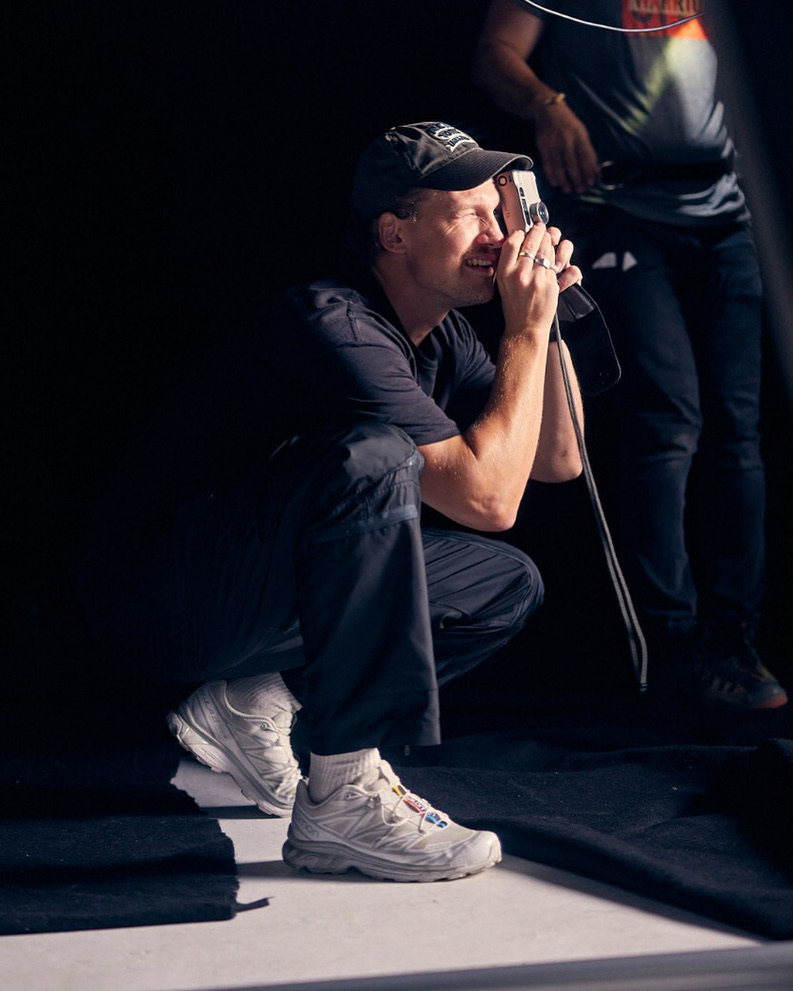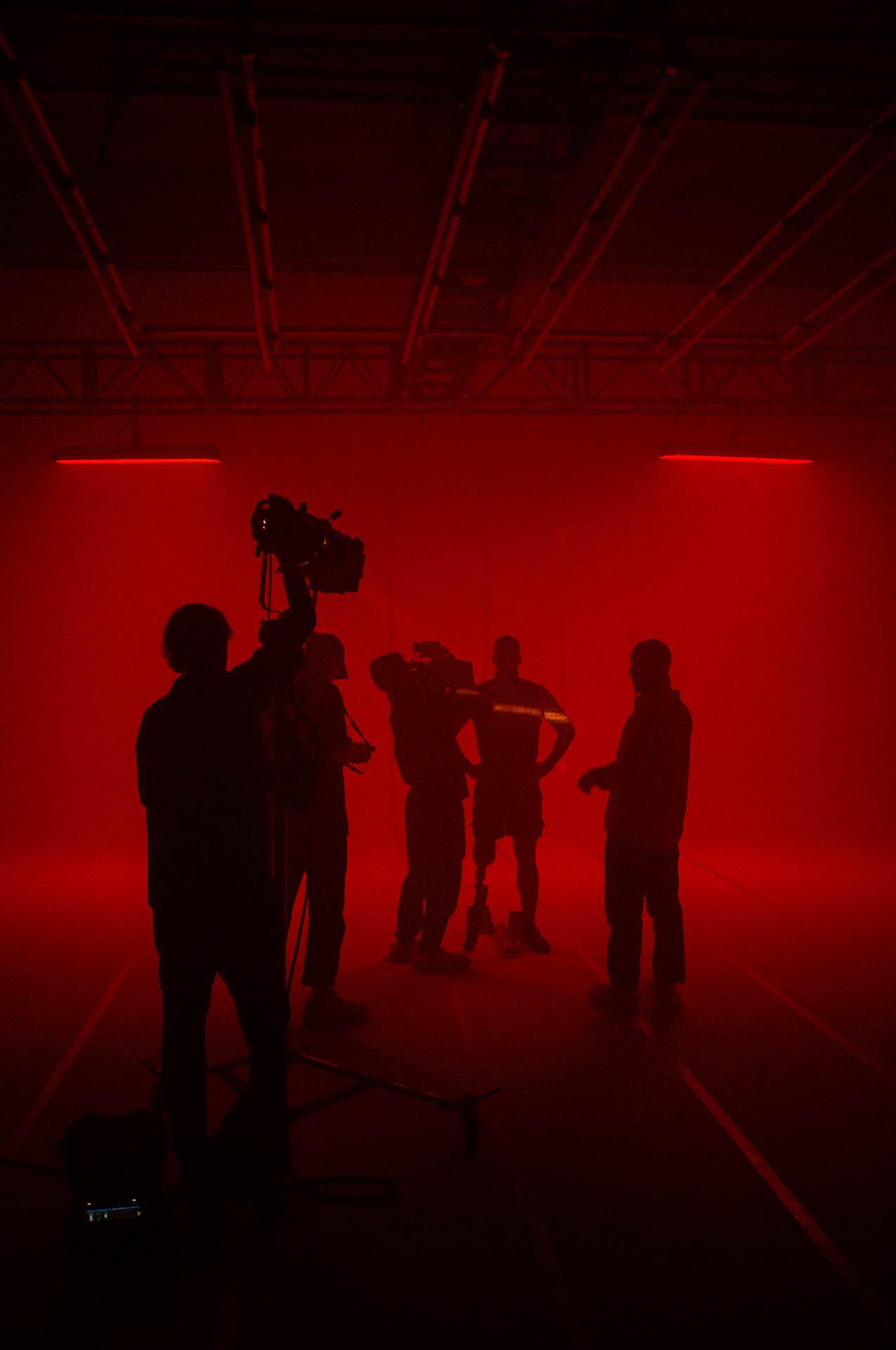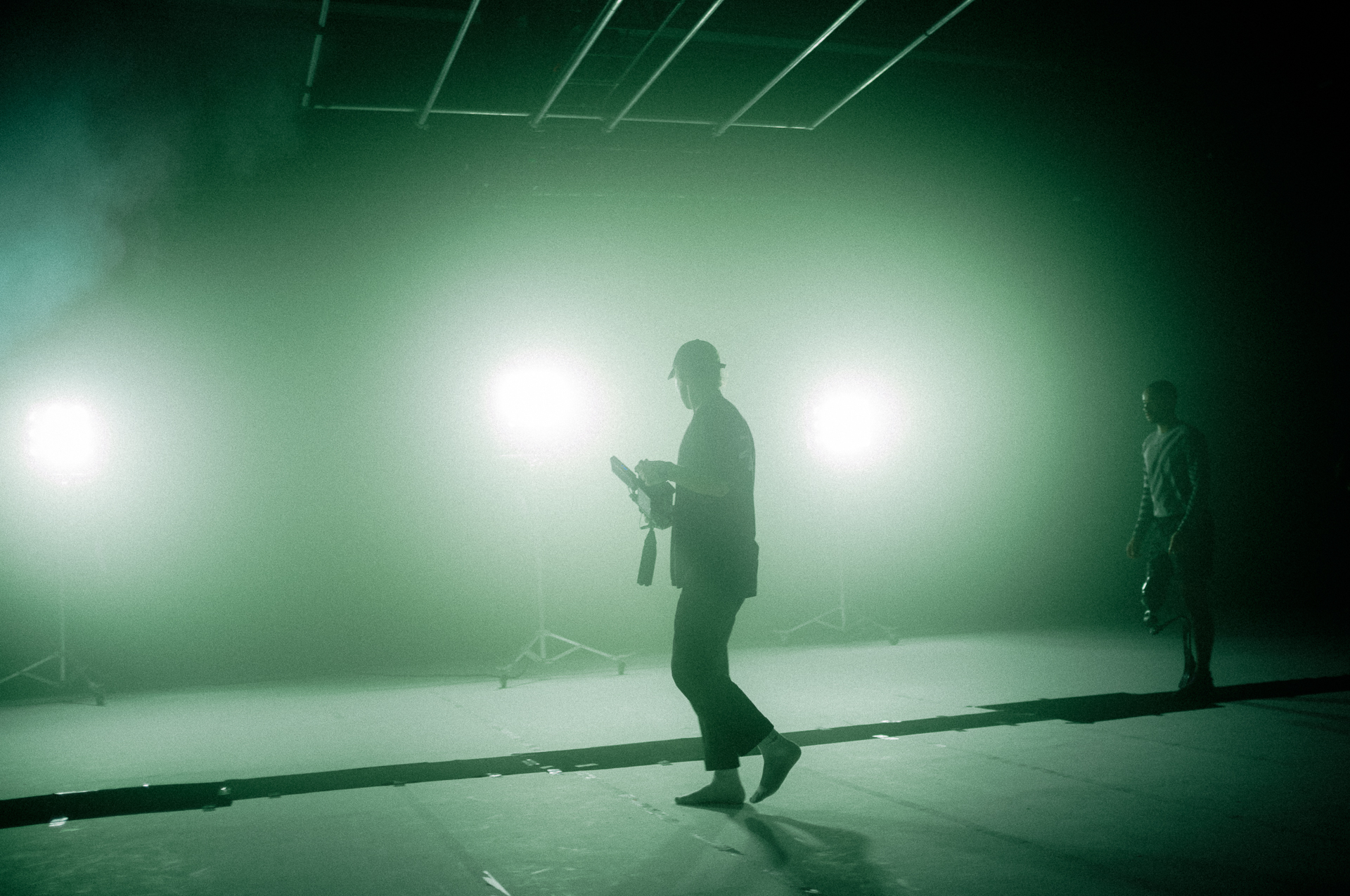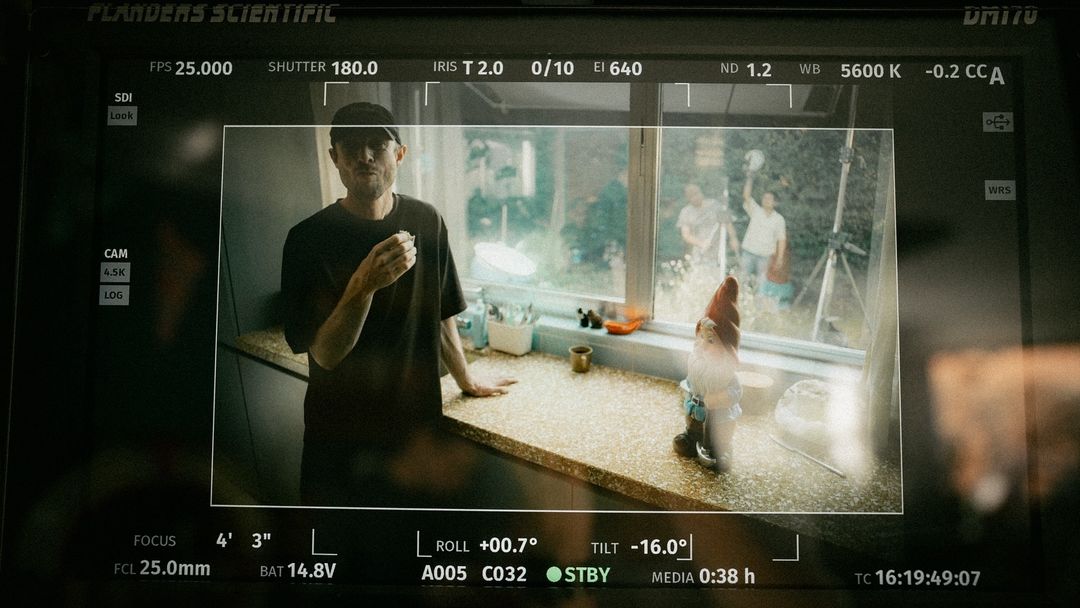
The Directors on LBB: Sam Templeton
Director Profiles
As a self-taught filmmaker, Sam Templeton's distinctive approach is imbued with a personal and intimate visual style that resonates across diverse creative landscapes, from music and fashion to commercial film. His keen eye for detail and penchant for gritty storytelling infuses his work with a raw authenticity that captivates audiences and leaves a lasting impression.
Returning to Aotearoa in 2023 after a transformative six-year sojourn in Berlin, Sam brings with him a renewed sense of vigour and a relentless drive to push creative boundaries. With each project, he endeavours to craft compelling, engaging, and relatable stories that transcend conventional norms and resonate on a deeply human level.
“After a while, I realised that I should just be myself, settle into my own skin and approach treatment from my perspective and experiences.”
LBB: What are some upcoming projects that you're excited about?
Sam:
I’m currently working on a film project about a well-known Kiwi artist, which is really exciting. I studied fine arts at university but haven’t practised much since I graduated, so this feels like a real return to my creative roots. Being in the studio with him is a beautiful experience -- the smells, textures, and processes are all very meditative. He’s also a real character, and his art is fantastic, so I can’t wait to share it once it’s done.
LBB: What excites you in the advertising industry right now, as a director?
Sam:
I think there’s definitely a sense of gravitation toward authenticity in the media space - commercials and films alike, which I love. It’s not entirely new, though with the rise of social media, influencers and the like, it kind of got lost for a while there. The audience is looking for something they can relate to and identify with, whether that be via diverse casting, locations or scripts. That’s not to say a commercial can’t be a spectacle, with all the production bells and whistles, but the audience isn’t going to feel a deeper connection with anything that feels fake or forced.
I think this ties back to where we are as a society right now -- we’ve never been more connected with our access to technology, yet simultaneously, it’s so easy to feel disconnected. So, by presenting something which offers a genuine scenario with relatable characters and emotions, you’re much more likely to elicit an emotional response from someone who is looking for that.


LBB: What elements of a script sets one apart from the other and what sort of scripts get you excited to shoot them?
Sam:
One crucial thing that separates scripts for me is the creative team behind them. I find it much easier to get excited about a script if the people who developed it are also pumped about it. This will often lead to a much more collaborative experience, where no idea is a bad idea and you work together to elevate the script as much as possible - both from a story and a technical standpoint. At the end of the day, I want to get as much out of every opportunity I get, so having an agency team that is open-minded and enthusiastic makes the whole experience much more enjoyable.
LBB: How do you approach creating a treatment for a spot?

Sam:
Whenever a script comes in, I’ll read it over a few times, then sit with it for a while, allowing the big picture to marinate. I find when I try to force ideas to come out, they often don’t, or if they do, they’re ordinarily pretty trash. The good ones always appear with a bit of time and TLC, typically during a run or a long shower: my two most meditative spaces. Once I’ve got a good handle on my approach, I’ll flesh it out in more detail, but I’ll always be looking to bring one or two ideas to the table that make the creatives think, “Ah that’s amazing, why didn’t we think of that?!”
I’ve spent a lot of time going back and forth on the best ways to approach a treatment over the years. When I first started treating, I had no idea what I was doing, so I would track down decks from other directors and take the best elements from each in an attempt to adapt them to my style. “Good artists borrow, great artists steal,” and all that.
After a while, I realised that I was fortunate enough to be on a pitch not because of these other directors' work but because I was my own, so I should just be myself. This was a revelation for me as it allowed me to settle into my own skin and approach treatment from my perspective and experiences.
LBB: If the script is for a brand or market that you're not familiar with, how important is it for you to do research and understand the strategic and contextual side of the ad?
Sam:
If it’s something new for me, I’ll always want to do as much research as possible before getting into it so that I know I’m coming at it from the right angle. It’s so easy to swing and miss if you’re ill-informed - something I’ve experienced in the past for sure. It’s important to know where the client is coming from, why they need to create this campaign, how the agency arrived at this specific place with the creative, how they see it connecting to the target audience, and why this audience will care about the product.
“Opening up roles across the industry
will benefit everyone involved, diverse
representation provides encouragement
for younger generations and bringing in
new perspectives, which will only enrich
the space.“
LBB: For you, what is the most important working relationship for a director to have with another person in making an ad? And why?
Sam:
The most critical one for me has to be my relationship with the DOP. They carry a lot of responsibility for bringing the vision to life, and they’re invested from very early on in the process. Having a DOP who you gel with is hugely important too - someone who you generally get along with but also trust entirely.
LBB: What type of work are you most passionate about - is there a particular genre, subject matter, or style you are most drawn to?
Sam:
Looking back at my body of work, there’s definitely a trend toward the sports space, which is kind of funny as I’ve always been one of those guys who’s definitely not a ‘sports’ guy. This grew organically from a connection between my personal journey as a casual runner and the beginnings of my filmmaking career (I got my start when I was based in Berlin, shooting and making little edits for a social run club that had a partnership with Nike at the time).
Read more of the interview over on Little Black Book.

